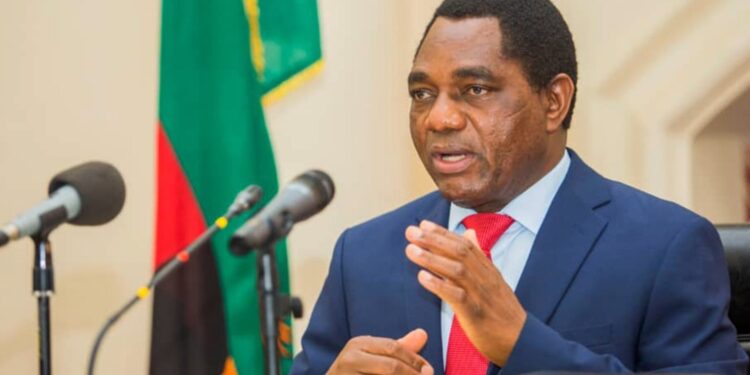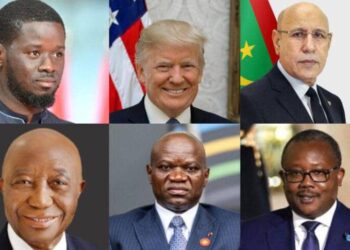By Emmanuel Nduka
Zambia has significantly expanded its visa-free entry program, adding 53 more countries to its list, effective January 1, 2025. This move raises the total number of visa-exempt countries to 167, a major step in the country’s strategy to boost tourism and trade.
The decision is a continuation of Zambia’s efforts to strengthen its global presence and attract international visitors and investors.
In 2022, Zambia had already waived visa requirements for 43 nations, and now, with this new expansion, Zambia further cements its goal of diversifying its economy.
Zambia’s government stated that this initiative aligns with President Hichilema’s vision to make the country a key player in the global market, encouraging not only tourism but also fostering greater economic opportunities.
The 53 newly added countries are:
1. Albania
2. American Samoa
3. Andorra
4. Argentina
5. Aruba
6. Bhutan
7. Bosnia and Herzegovina
8. Bouvet Island
9. Brunei Darussalam
10. Cape Verde
11. Christmas Island
12. Cocos (Keeling) Islands
13. Comoros
14. Cook Islands
15. Costa Rica
16. Dominican Republic
17. Faroe Islands
18. French Polynesia
19. French Southern Territories
20. Greenland
21. Guam
22. Guatemala
23. Guyana
24. Honduras
25. Israel
26. Iceland
27. Laos
28. Liberia
29. Liechtenstein
30. Macedonia
31. Madagascar
32. Micronesia
33. Moldova
34. Monaco
35. Morocco
36. Netherlands Antilles
37. New Caledonia
38. Northern Mariana Islands
39. Palau
40. Panama
41. Papua New Guinea
42. San Marino
43. Sandwich Islands
44. Sao Tome and Principe
45. South Georgia and the South Sandwich Islands
46. Suriname
47. Svalbard and Jan Mayen Islands
48. Switzerland
49. Turkey
50. Ukraine
51. Vatican City State
52. Virgin Islands
53. Wallis and Futuna Islands
Heritage Times HT reports that this bold move opens up Zambia to even more global connections, making it easier for tourists and business investors from these nations to explore the country’s natural beauty and economic opportunities.
With fewer barriers to entry, Zambia is positioning itself as a key destination for trade, tourism, and investment in Africa.



































